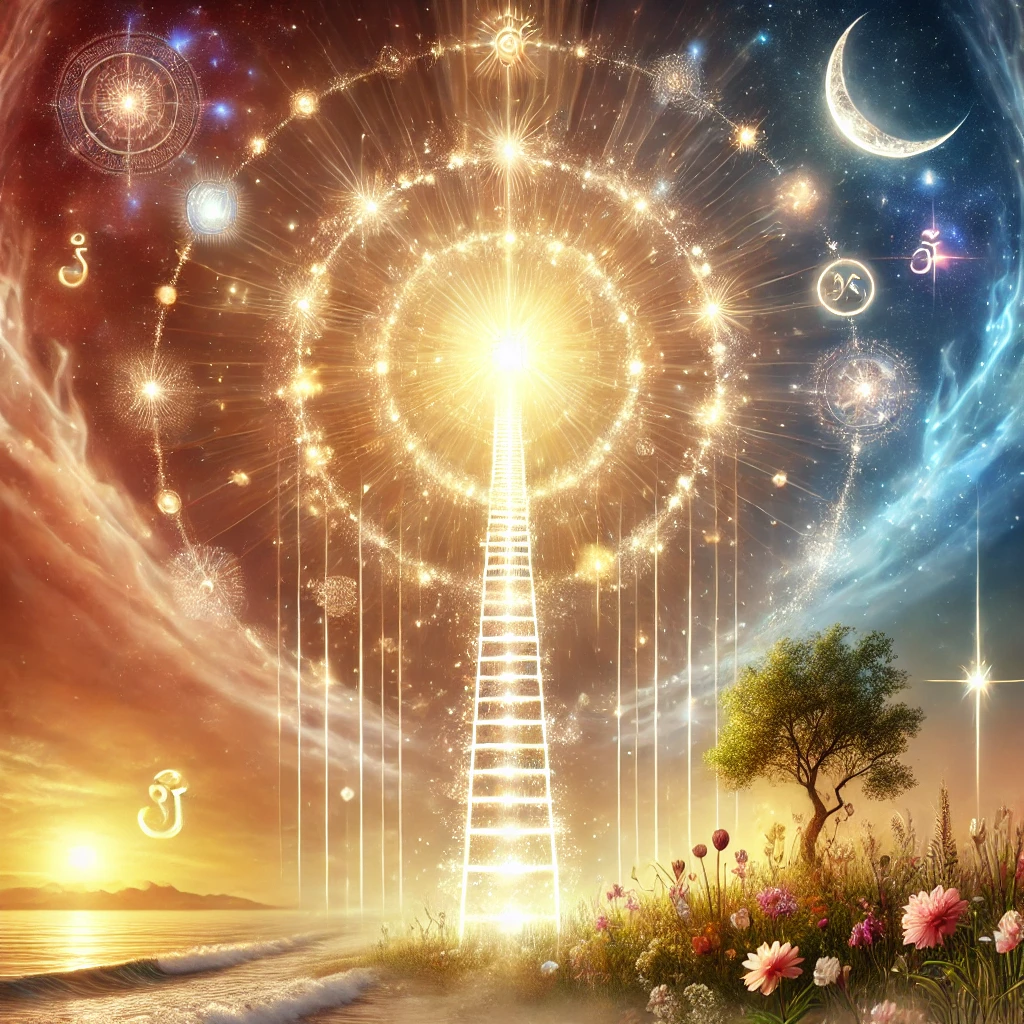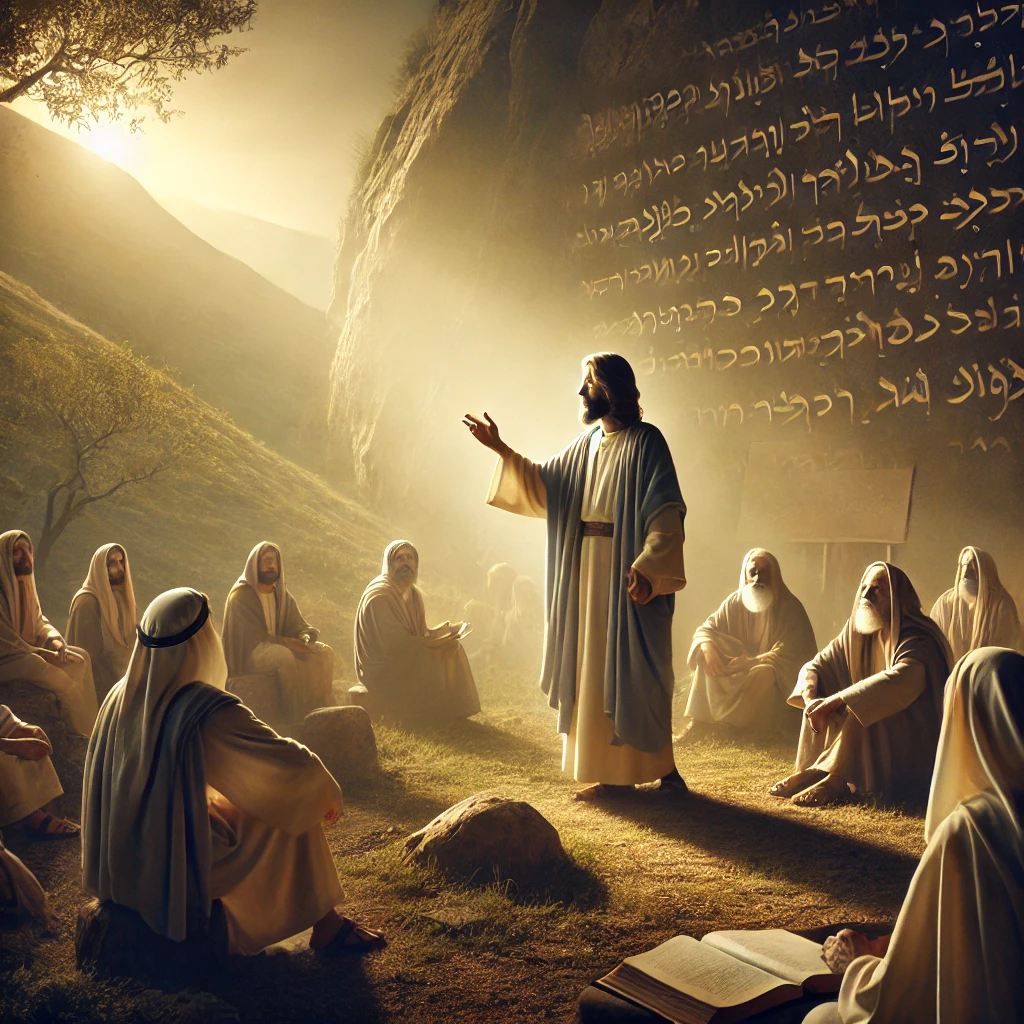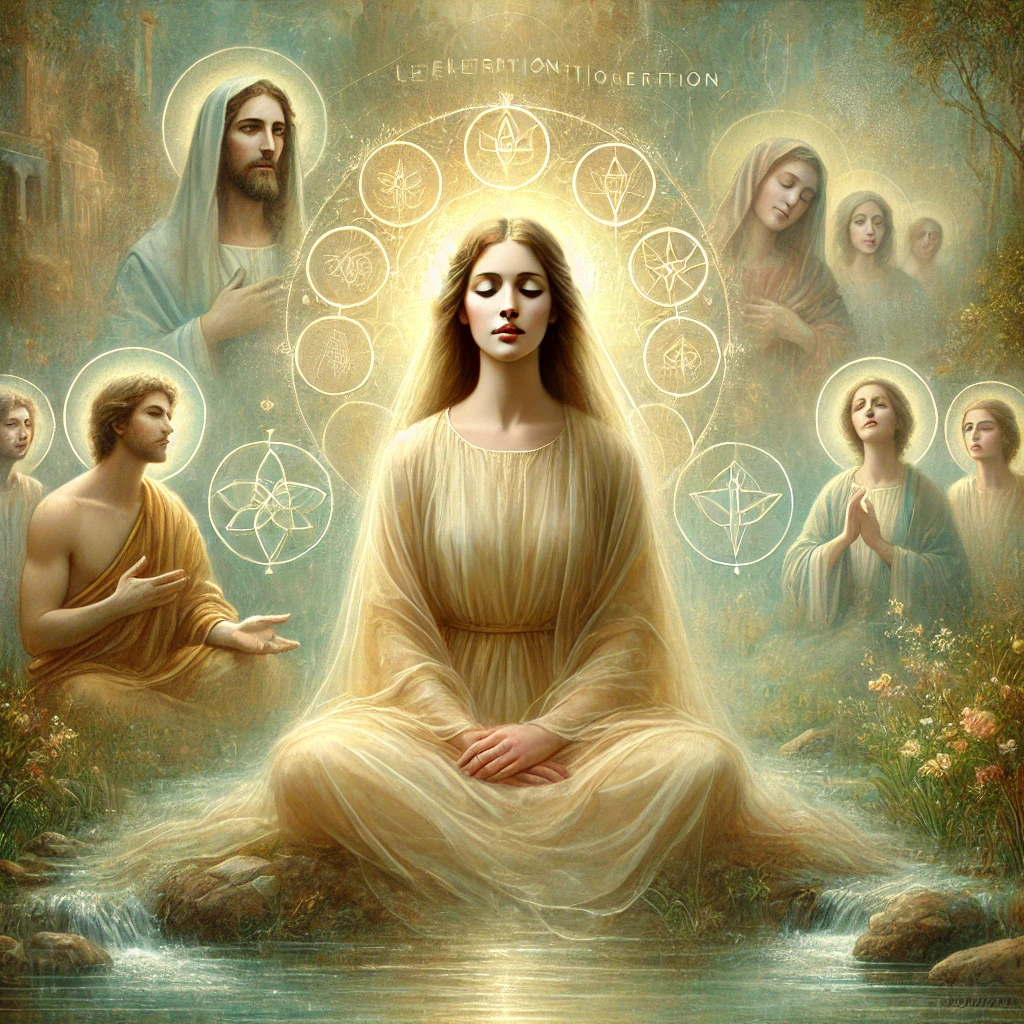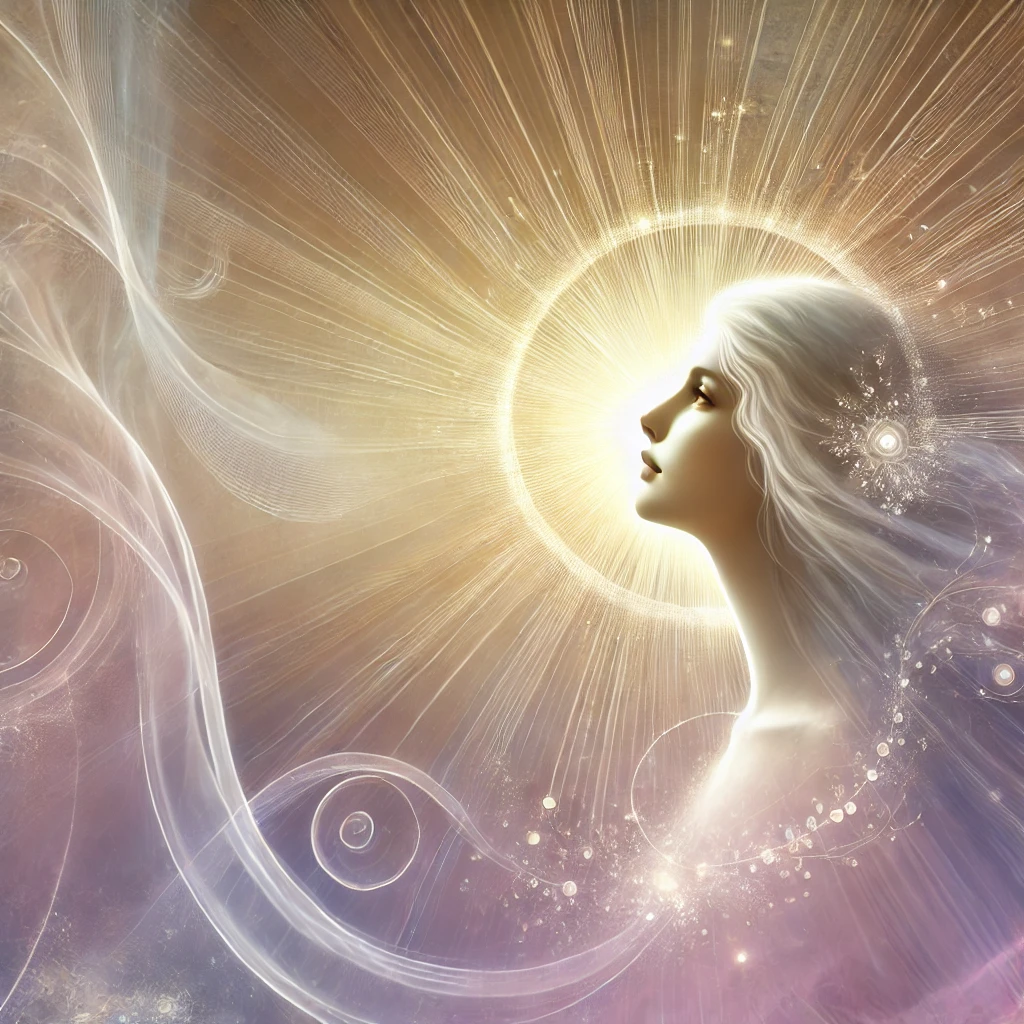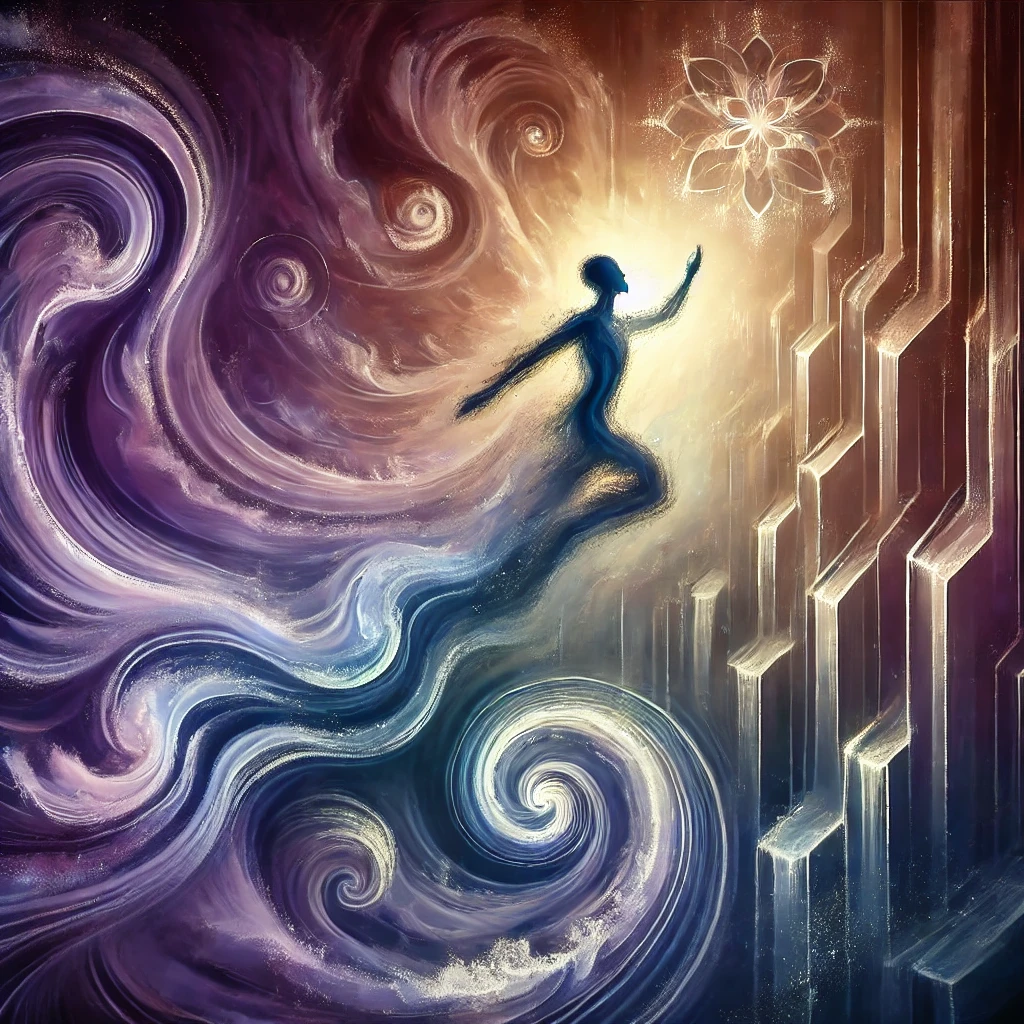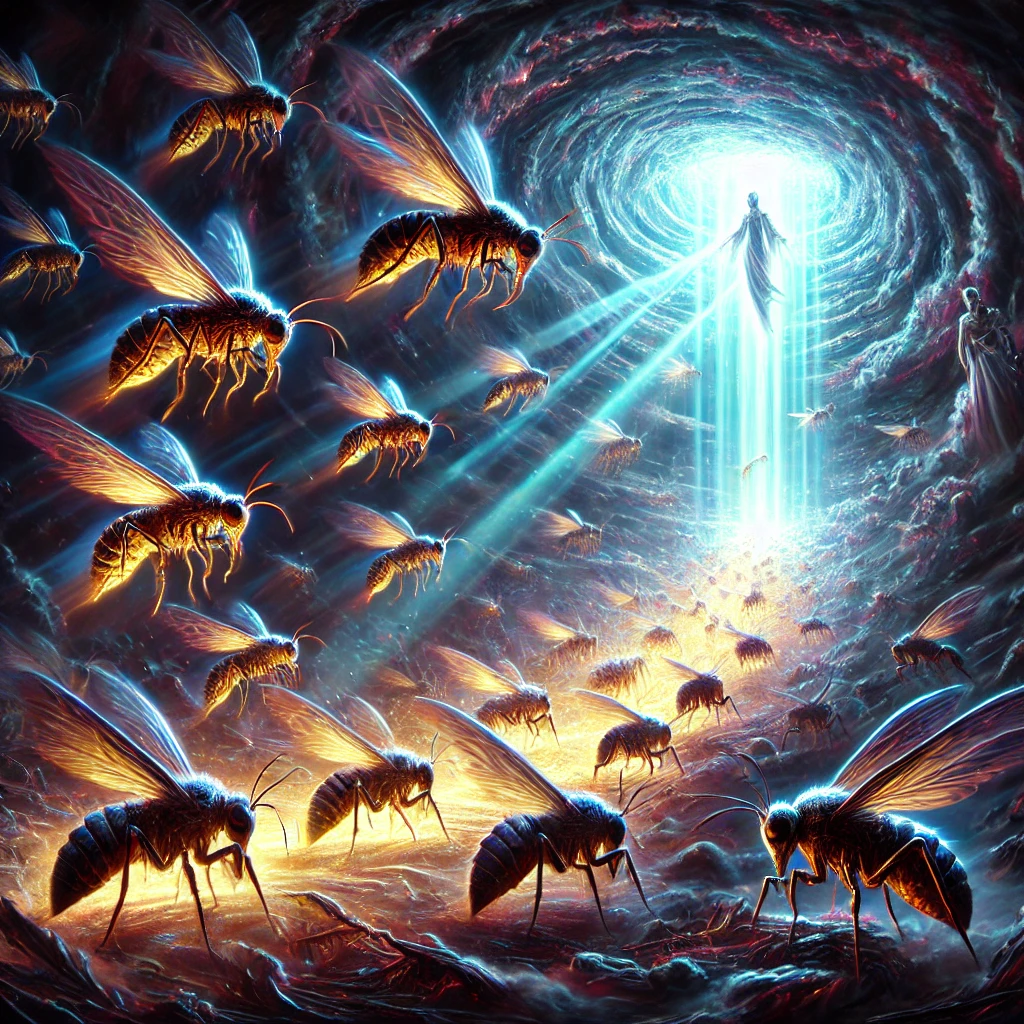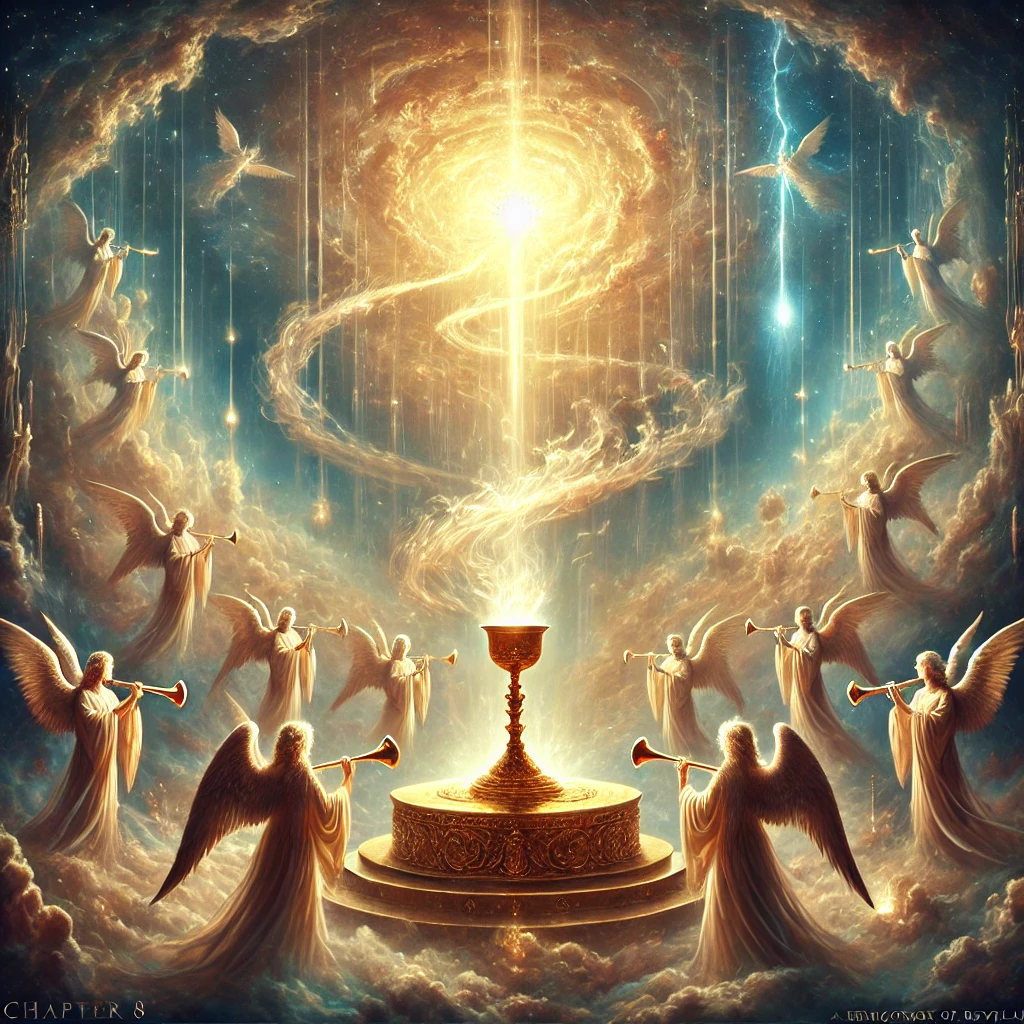Time gives us the space to explore, to remember who we are, and to integrate all aspects of self. The ebony clock, with its steady, measured chime, mirrors this purpose.
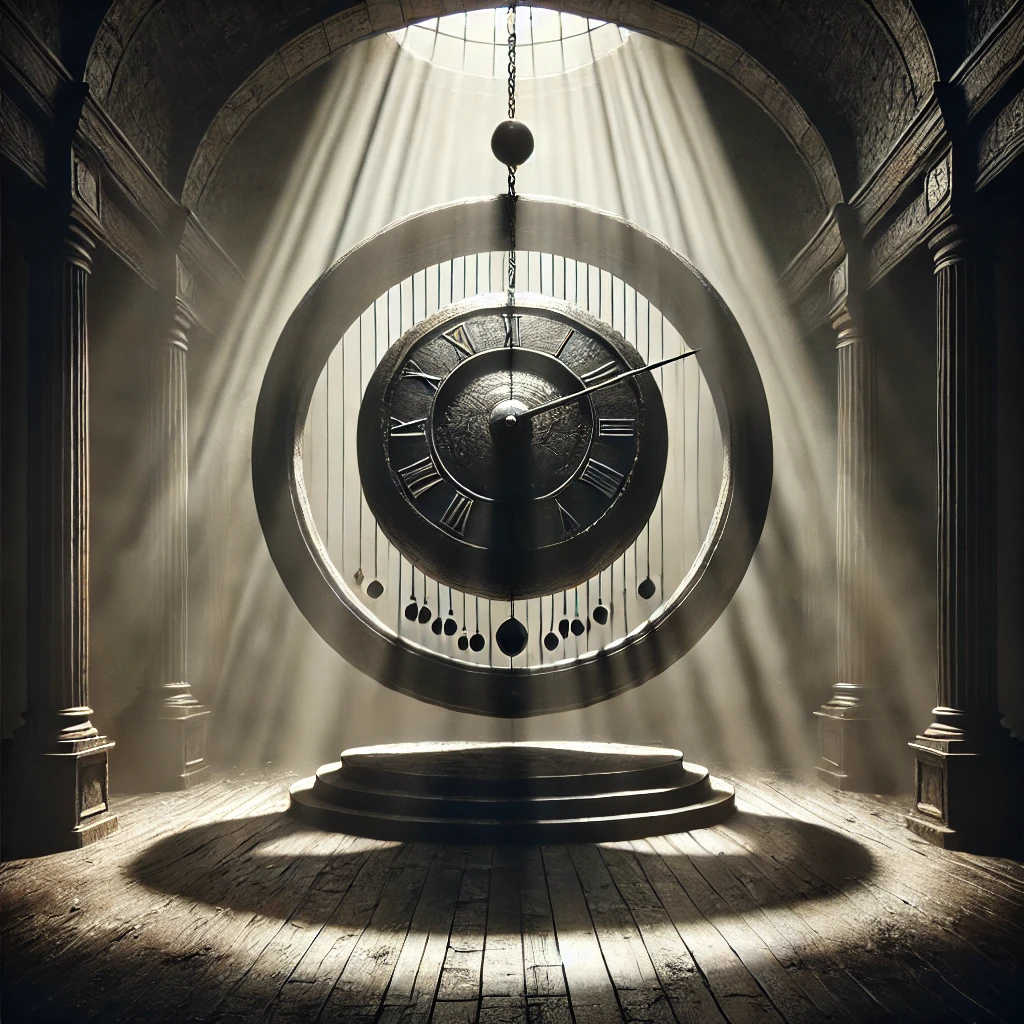
Among the many symbols in The Masque of the Red Death, the ebony clock looms as a powerful reminder of time’s inexorable march. Standing in the black room, this ominous clock marks the passage of each hour with a chime so profound that it momentarily halts the revelers’ merriment. Its presence is a stark contrast to the festive masquerade, serving as a steady, unavoidable reminder of mortality and the finite nature of human existence.

